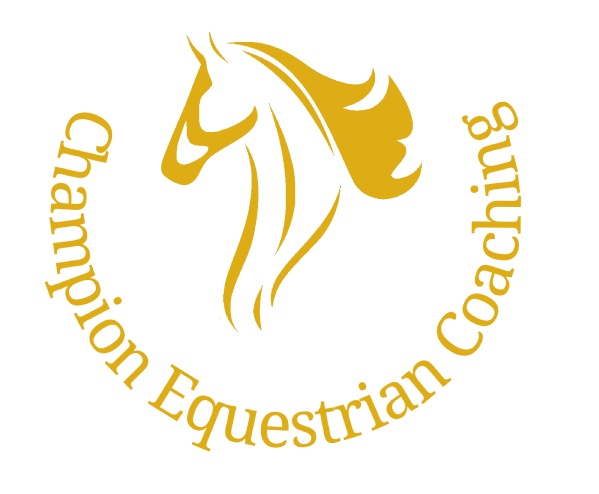For centuries horses have been our partners in work, transportation, and sport. But how we think about our relationship with horses has changed a lot over time, and thinking continues to shift with scientific advances that help us to understand increasingly deeply the ways of the horse and their complete welfare needs.
In the past, people often talked about horse ownership and mastery, with a view that horses were seen as property, and with a focus on training them to obey commands and do a job. Think of knights training warhorses or pit ponies pulling carts of coal through the mines.
Over time, people began to realise that horses are intelligent, sensitive animals with their own needs and desires, and the idea of partnership emerged, where riders and horses work together in a more cooperative way. This approach emphasises understanding horse behaviour and using positive reinforcement techniques. Instead of forcing a horse to obey, riders try to build trust and communication. This idea of partnership is where many modern riders and horse owners feel they are at. And to be honest, I also thought this was a good place.
However, I have recently heard more discussion around the concept of guardianship being a more accurate relationship status, and this struck a chord with me. The discussion is based around the premise that a partnership is equal. In reality though, the horse-human relationship can’t be truly equal as we decide where they live, what they eat, when they get turned out, what exercise they do, what company they have, and so on. Put like that, it’s easy to see that it isn’t an equal relationship at all. A guardian, however, is someone who is responsible for the well-being of another. This means that as horse guardians we not only provide food, shelter, and veterinary care, but also consider the horse’s emotional and social needs. Guardians strive to create an environment where horses can live happy, healthy lives, and express their natural behaviours.
It’s not to say that under the “partnership” label these things aren’t also done, but the shift is about consciously acknowledging that there is inequality in the relationship and defining the absolute responsibility that we have for all aspects of the horse’s welfare; physical, emotional, social, cognitive.
This shift from ownership to guardianship reflects a growing understanding of horse welfare, informed by scientific advances and focused research. For example, studies in equine cognition have shown that horses are capable of complex problem-solving and have a good memory. And research on horse behaviour has revealed the importance of social interaction and the negative effects of isolation.
These findings have helped us to recognise and prove that horses have their own rights and that, as their guardians (which we all are, any time we are with any horse – even if it’s for just one hour a week in a riding school lesson), we have a responsibility to treat them with respect and compassion. This includes providing them with proper care, training and treating them humanely, and allowing them to live as naturally as possible.
What do you think about this evolution in our relationship with horses? Share your thoughts in the comments below.

